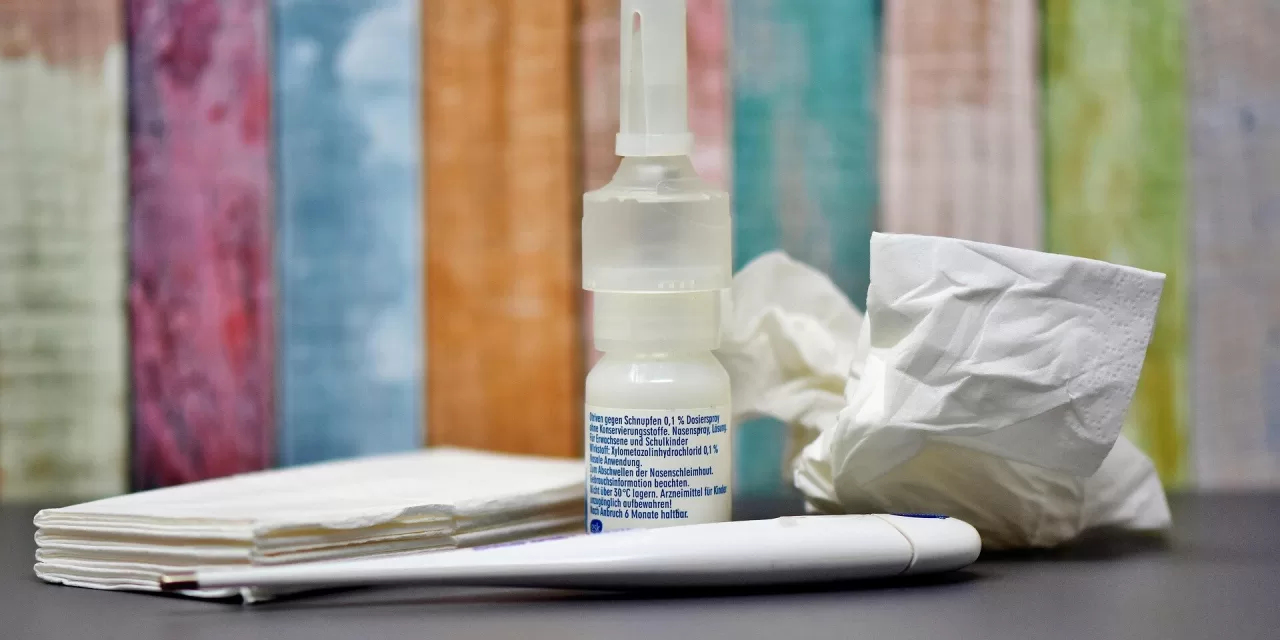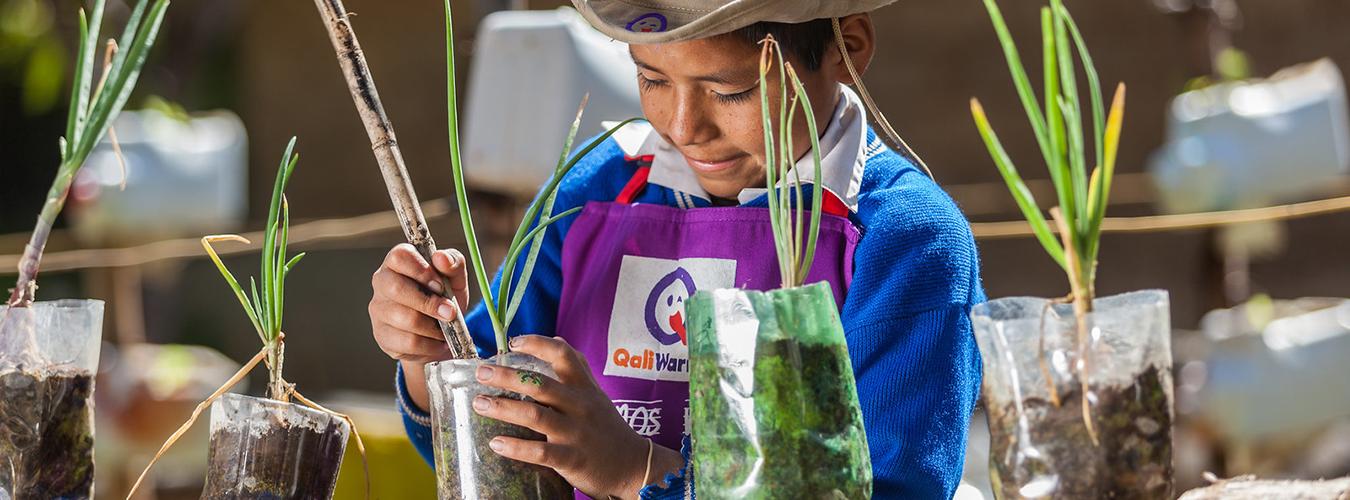A revolutionary nasal COVID-19 vaccine, developed using cutting-edge technology at Washington University in St. Louis (WashU), is poised to enter a phase 1 clinical trial in the United States. This development comes after the Food and Drug Administration (FDA) approved an investigational new drug application from Ocugen, Inc., a U.S.-based biotechnology company. Ocugen licensed the promising technology from WashU in 2022.
The trial, set to begin this spring, will be conducted by the National Institute of Allergy and Infectious Diseases (NIAID), part of the National Institutes of Health (NIH). The approval marks a crucial first step toward evaluating the safety and efficacy of the vaccine.
Although COVID-19 cases have significantly decreased since the pandemic’s early stages, the virus still circulates globally, causing serious illness and death. The nasal vaccine aims to provide robust immunity directly in the nose and upper respiratory tract, where the virus enters the body. This approach could potentially stop transmission while also reducing the severity of the disease.
Unlike traditional COVID-19 vaccines, which are administered via injection, this novel nasal vaccine will be tested using two delivery methods: inhaled into the lungs and sprayed into the nose. The trial will assess the safety and effectiveness of both delivery routes in 80 adults aged 18 to 64 years. Participants will be randomly assigned to one of four groups, and researchers will monitor antibody production, safety, and the occurrence of breakthrough COVID-19 cases.
Doug E. Frantz, Ph.D., Vice Chancellor for Innovation and Commercialization at WashU, expressed excitement over the vaccine’s progress. “This powerful technology has the potential not only to help control COVID-19 but to reduce the burden of respiratory infections worldwide,” he said. “It could also be adapted for other viruses like influenza, avian flu, and respiratory syncytial virus (RSV).”
A version of the vaccine has been available in India since 2022 through a licensing agreement with Bharat Biotech, an Indian biotechnology company. The ongoing U.S. trial is expected to expand the vaccine’s impact globally.
The nasal vaccine was co-developed by WashU Medicine scientists Dr. Michael S. Diamond and Dr. David T. Curiel. By inserting a gene from SARS-CoV-2 into a harmless adenovirus, the scientists designed a vaccine that stimulates an immune response in the nose without causing illness. Early studies showed that the vaccine generated a strong immune defense in the nose and respiratory tract, effectively preventing infection from taking hold.
Animal studies conducted in 2020 and 2021 demonstrated that the nasal vaccine prevented infection in both the nose and lungs, suggesting that vaccinated individuals could fend off the virus before it could multiply and cause illness. A breakthrough study in 2022 by WashU Medicine’s Dr. Jacco Boon showed that hamsters vaccinated with the nasal COVID-19 vaccine did not pass the virus on to others, potentially breaking the cycle of transmission.
“This vaccine’s ability to reduce transmission is crucial in slowing the spread of respiratory infections like COVID-19,” said Dr. Curiel, also a professor of obstetrics and gynecology. “It can be adapted to target new COVID-19 strains and other respiratory viruses, further broadening its potential impact.”
Disclaimer: The vaccine is still in the investigational phase, and the trial’s results will determine its safety and efficacy. The information provided in this article is for general informational purposes only and does not constitute medical advice. Please consult with a healthcare professional for personalized guidance.











